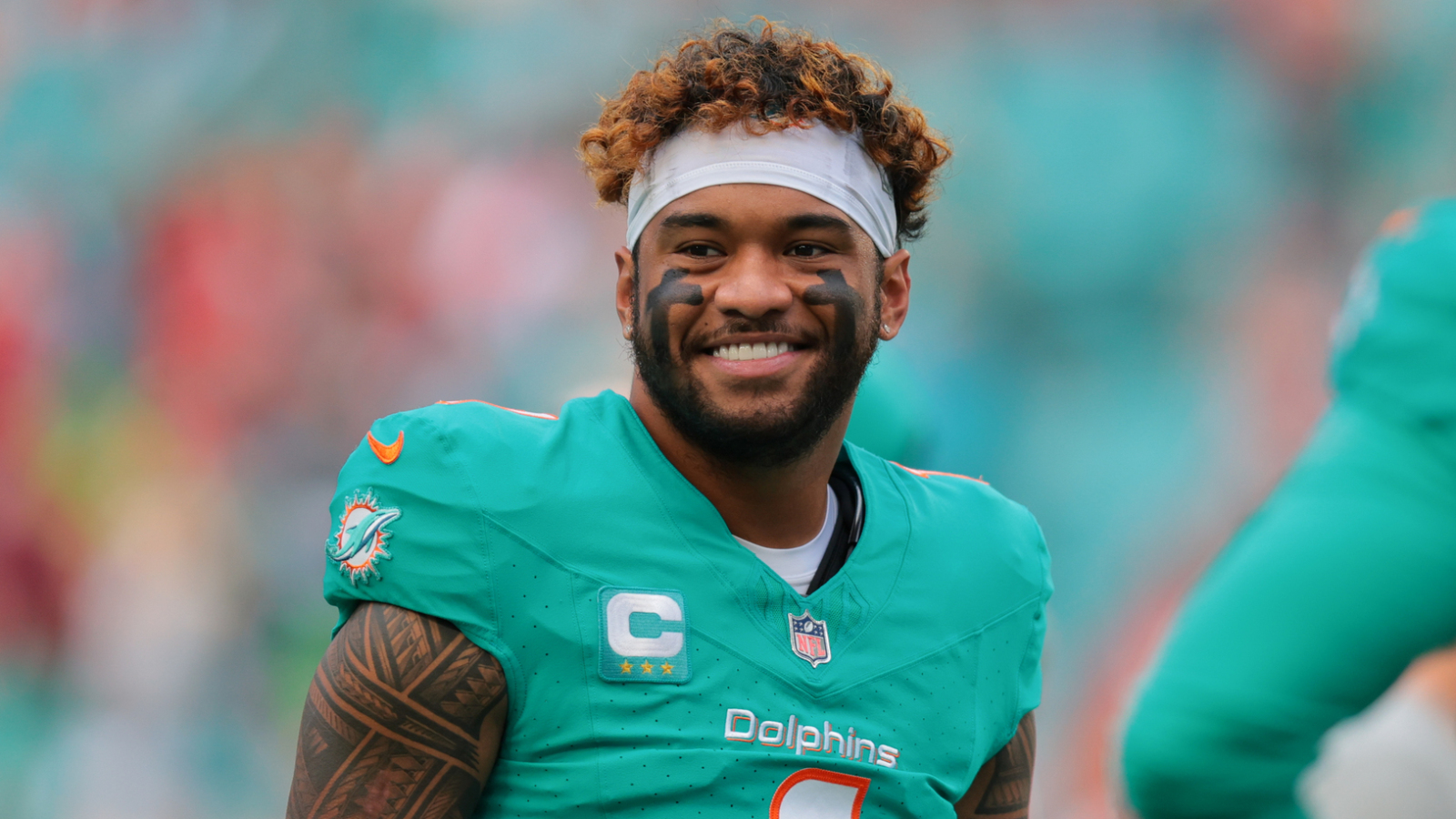
Editor’s Note: This story is a part of Peak, The Athletic’s new desk covering leadership, personal development and success through the lens of sports. Peak aims to connect readers to ideas they can implement in their own personal and professional lives. Follow Peak here.
Matt Antonelli was a first-round pick of the San Diego Padres who played 21 games in the major leagues. He is now a coach and business owner.
I’ve been called a bust so many times, I stopped caring a long time ago.
I was a first-round pick, taken with the 17th pick by the San Diego Padres in the 2006 MLB Draft. Before the 2008 season, I was a top-50 prospect in baseball. By 2013, my professional baseball career was over.
Advertisement
I was officially labeled a bust.
And, honestly, I’ve made peace with it.
The discipline, the mental toughness, the humility I developed from my struggles are things I carry with me now as a business owner, a coach, a father and a husband. I truly believe my shortcomings in baseball gave me the tools to live an impactful life, even though it didn’t give me the exact ending I wanted.
I don’t want to make it sound like it was all sunshine and rainbows; as you’ll see, I struggled plenty trying to learn and gain perspective. There were plenty of nights when I had panic attacks, when I questioned everything, when I seriously thought about hanging up my cleats and walking away from the game.
Which leads me to my first lesson.
1. The hard moments teach you what the easy ones never could
You don’t learn very much when everyone’s saying you are the greatest and the next All-Star. Trust me.
My hardest moment was the year I made my big league debut. I was a top prospect in the Padres’ organization going into the 2008 season. I began the season in Triple A and, for the first time in my life, I was horrible. I forgot how to hit and had no idea how to fix it.
After struggling for four months, I studied hitting mechanics and was able to rediscover the swing that had made me a first-round pick. I completely turned my season around, and the Padres called me up in September.
In my first at-bat in the big leagues, I got a hit off Greg Maddux. A future Hall of Famer. In that moment, I was thinking: “I’m going to be an All-Star for the next 10 years. This is easy.”
I ended up going 0-for-23 after that.
Mentally, it was the most challenging time of my life, and I never made it back to the big leagues. But that’s when I learned what humility feels like. I discovered resilience, perspective and started to define success differently.
Advertisement
The next five years of my career were a rollercoaster of extreme highs and crushing lows. In my final season, after multiple surgeries and setbacks, I called my wife, Laura, and told her I was quitting. I was going to get in my car and drive home. I was having my worst panic attack yet.
But Laura, as she had done many times throughout my career, encouraged me to “finish the season, and when it ends, you can decide what you want to do next.” That offseason, I decided my future was in coaching.
What I discovered through all these experiences is that people often relate with and learn more from my failures than any of my successes. My value now doesn’t come from what I accomplished, it comes from the knowledge and wisdom I acquired along the way. It comes from what I learned and how I dealt with my struggles during my career.
This has allowed me to help others in ways I never could have if everything had gone according to plan.
2. Your identity must be bigger than your achievements
When you’re drafted in the first round, people label you: “top prospect,” “the next star,” “the future of the organization.” It’s easy to let these labels define you.
However, when the results don’t match the hype, it leaves you questioning yourself. I learned that who you are can’t be tied to what you do.
3. Sometimes the greatest growth comes after letting go
Losing a dream that you’ve worked towards and held onto for years can be crushing. But on the other side of that loss, I actually gained a lot of clarity.
Once I stopped chasing my dream of being a major-leaguer, I discovered that the game of baseball is what I actually love. I realized that my true calling was coaching and helping others develop their skills to become the best versions of themselves.
4. Letting go of something allowed an even better version of myself to emerge
You can give your life to something and “lose,” but that doesn’t mean you wasted your time.
Advertisement
You can dedicate yourself completely to your craft. You can eat right, sleep well, train hard, be coachable — and still fall short of your goals. That doesn’t mean it was pointless.
Failure taught me that success isn’t always linear, and it’s not always fair. But the effort that you put in is never truly wasted. The habits that you develop from trying to be the best at what you do, and the resilience you build through that process, can carry you further than any outcome ever could.
5. What feels like a loss can actually be relief in disguise
For years, every decision that I made, from what I ate to how I trained, was dedicated to being what I thought I was supposed to become.
When I started to struggle — when the injuries came and I had multiple surgeries, when my numbers fell and my confidence eroded — I fought to try to fix it all. But eventually I couldn’t.
The thing I had structured my entire life around disappeared. I lost a version of myself I had been building since I was 15 years old. But on the other side of heartbreak was something unexpected: freedom. Once my playing career ended, I felt an unexpected calmness for the first time in a long time.
I was able to sit down and ask myself, “What else am I good at? What do I care about? What do I really want to do?”
Chasing the dream of playing Major League Baseball gave my life direction for many years, but losing that dream gave me depth. I was able to build a new identity beyond just being “a baseball player.”
The experiences I had, the lessons I learned, those things don’t expire. I still pass those lessons on to young players chasing the same dream. I tell them: “You don’t need to be perfect. You don’t need to be great at baseball every day. It’s OK to struggle. It’s not always about the results. It’s about the process, the lessons you learn. You will be OK if you don’t go 4-for-4. You’ll be OK if you give up the game-winning run. You’re going to be OK because you are more than what you do or how you perform on the field.”
The impact I have now, helping others navigate the same path I walked, is more meaningful and fulfilling than anything I did as a player.
— As told to Jayson Jenks
(Illustration: John Bradford / The Athletic; Donald Miralle / Getty Images)


